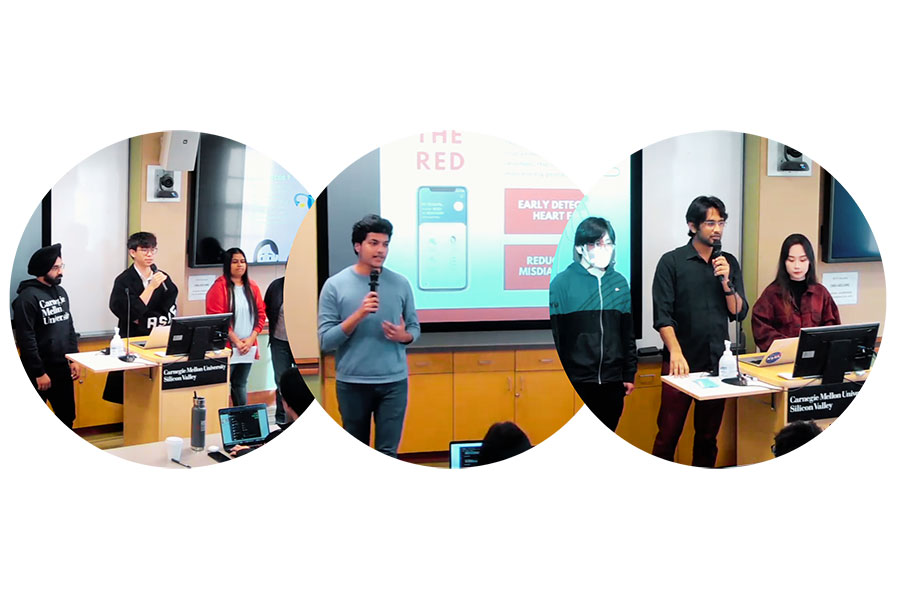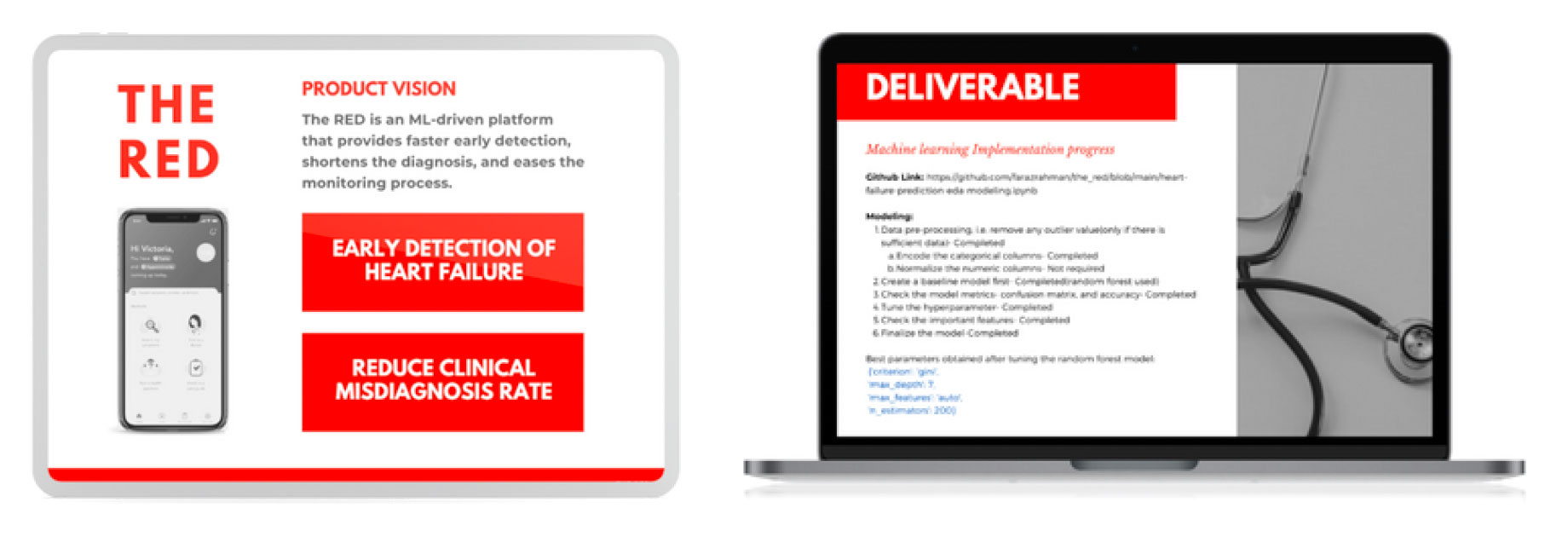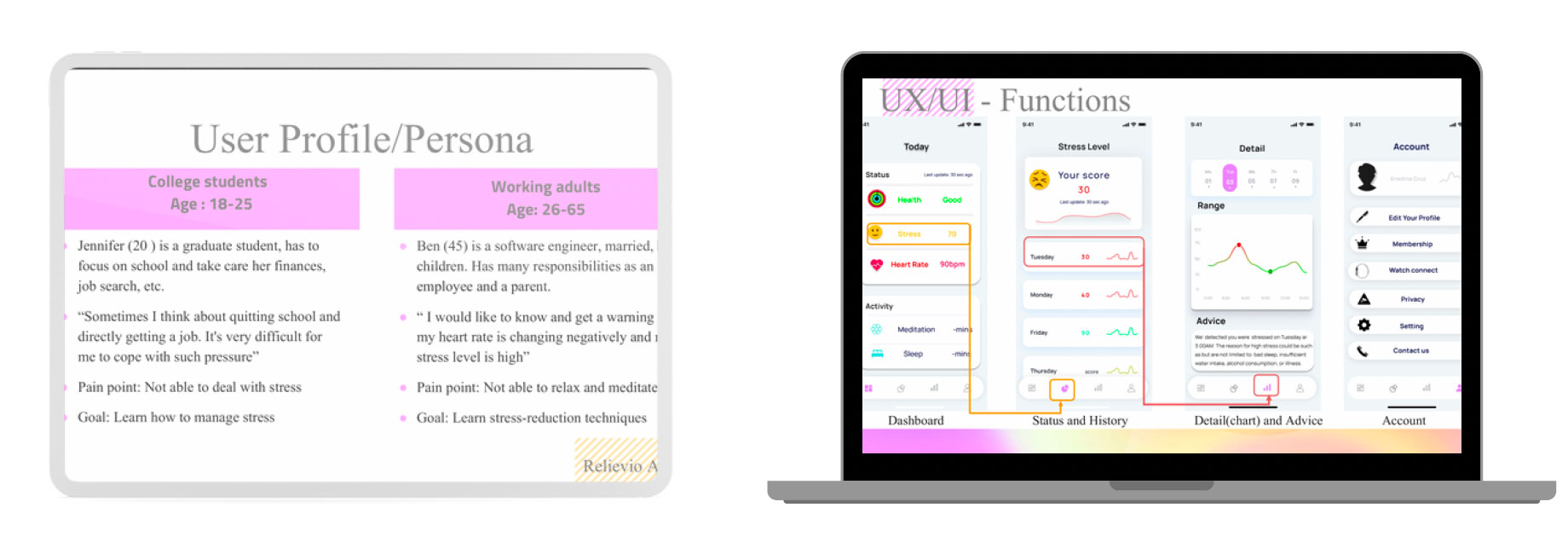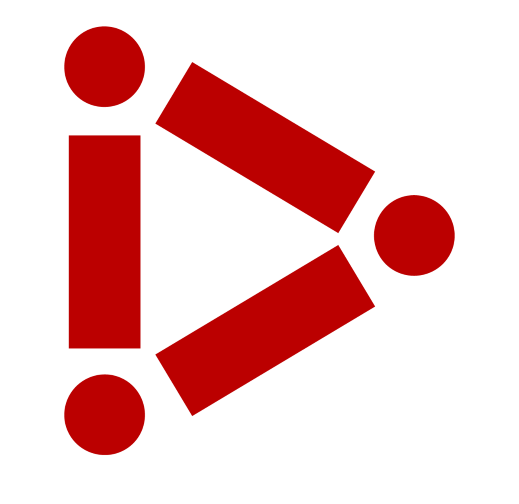
SEM Class Presentations: Tackling Healthcare's Biggest Challenges with AI and ML
MSSM students in Professor Catherine Fang's Software Engineering Management course reflect on final projects and presentations, and using AI and ML to solve complex issues in the healthcare industry.
By Utkarsh Khandelwal
The healthcare industry is facing numerous challenges in terms of providing quality care to patients while balancing cost and efficiency. Artificial Intelligence (AI) and Machine Learning (ML) have the potential to revolutionize healthcare and make it more accessible, affordable, and effective. In Professor Catherine Fang's Software Engineering Management course at CMU-SV, students took on the challenge of using AI to solve some of the greatest healthcare challenges of our time. The students, coming from diverse backgrounds such as Engineering, Business, Design, Data Science, and Marketing, were divided into groups of four and were tasked with developing a healthcare product from ideation to launch.
Throughout the fall semester, the students conducted research on the biggest problems in the healthcare industry and used their findings to identify areas where AI and ML could make a significant impact. From detecting autism to monitoring and managing stress levels, these students went deep into focus areas to analyze the market and understand the needs of their target users. Through a combination of interviews with patients, doctors, and experts in the field, the groups developed product roadmaps, created prototypes, and trained machine learning models to achieve their desired results.
Join us as we delve into the exciting journey of these students as they navigated through the software engineering management process and brought their ideas to life. From research and product development to installation and deployment, this blog will showcase the impactful projects that these students created and the impact that AI and machine learning can have in the healthcare industry.
Explore select student projects below:
PCOS |
AI/ML solution to manage the symptoms of PCOS. |
The problem statement related to Polycystic Ovary Syndrome (PCOS), a common disorder affecting 15% of menstruating women worldwide. PCOS is caused by hormonal imbalances and leads to symptoms such as anovulation, irregular periods, obesity, and excess of androgens, which can in turn lead to other disorders such as type 2 diabetes, cardiovascular disorders, hirsutism, mood swings, and anxiety. The team's objective is to use AI/ML to develop a product to help reproductive women manage the symptoms of PCOS, as they often find it difficult to keep track of all the factors contributing to the disorder.
 |
| PCOS: Navtej Singh, Akanksha Golhani, Darshana Jain, Jiangqi Zhu |
iii:
How did you go about researching and understanding the needs of the target users for your project?
Darshana Jain (MSSM' 23):
One of our team members was battling with PCOS since 10 years and had good understanding of the PCOS subject matter. As a team we further utilized the CMU library resources to read about the research conducted on PCOS to better understand the problem space. Additionally, we interviewed nearly 10 females who had PCOS of different age group to understand their pain points and where we can add value in their PCOS journey. We also reached out to nutritionist and gynecologist to identify what are some of the common and early symptoms of PCOS that could be gathered without taking lab tests. To sum up we interviewed menstruating females in age group of 14-45, nutritionists and gynecologist to get a deeper knowledge of the problem space.
iii:
How did you go about researching and understanding the needs of the target users for your project?
Navtej Singh (MSSM' 23):
Certainly there were multiple challenge that we faced during our project which almost brought to the brink of pivoting but we stayed strong and were constantly guided by our Professor Catherine Fang. Our aim was to create an inclusive product which could be used by females of all age group with zero expense. One of the challenge with managing PCOS is the females have to get either get abdominal scan or hormonal tests to diagnose PCOS. Getting these lab tests done is added financial burden for females. We wanted to use those features which could be easily tracked at home with no added cost. After multiple research and using different algorithms we were finally able to build our solution that uses key indicators such as Weight Gain, BMI, and Irregular Cycle to compute if the female is affected by PCOS or not. Additionally, we also added supporting features such as tracking the historical and access to pool of articles and resources to help the females.
THE RED |
ML based platform for early detection of heart failure. |
Team RED is working on a problem statement related to cardiovascular diseases (CVDs), which are the leading cause of death globally, accounting for 32% of deaths worldwide. The current accuracy of detecting heart diseases through traditional clinical diagnosis is between 60-70%, which is not satisfactory. To address this challenge, Team RED has developed a ML-based platform for early detection of heart failure. The platform analyzes various health data such as resting blood pressure, cholesterol levels, age, sex, fasting sugar, etc. to identify potential symptoms of heart diseases. The use of ML algorithms and advanced data analysis techniques helps improve the accuracy of the diagnosis and increase the chances of early detection.
 |
| THE RED: Diyang Pu, Utkarsh Khandelwal, Faraz Rahman, Hongtao Zou |
iii:
How did you go about researching and understanding the needs of the target users for your project?
Hongtao Zou (MSTV '23):
We conducted a thorough research on the subject by reviewing existing literature and the conventional diagnosis process. To get a better understanding of the needs of our target users, we created a stakeholder map to identify key customers and users. This helped us to narrow down the scope of our project and focus on specific issues.
We then conducted targeted user interviews with both doctors and patients to gain insights into their pain points and challenges. The interview script was carefully crafted and discussed with Professor Fang to ensure that we could effectively lead and inspire the users to recall important information that was crucial for our analysis and solution ideation. This allowed us to gather valuable information and insights that helped us in developing an effective solution that meets the needs of our target users.
iii:
How did you and your team work together during the project, and what were some of the key things you learned from the experience?
Utkarsh Khandelwal (MSSM '23):
I was fortunate to work with a diverse group of individuals who brought unique skills and perspectives to the table. Our team consisted of individuals from various backgrounds, including: engineering management, data science, and business, which allowed us to approach the project from multiple angles and find innovative solutions. Throughout the project, we utilized Agile methodologies and regularly held team meetings to ensure that everyone was on the same page and to plan our next steps. We also made sure to allocate tasks based on each team member's strengths and interests, which helped us to work efficiently and effectively.
One of the key things I learned from this experience was the importance of being adaptable and open to new ideas. Throughout the engineering management project, we encountered obstacles and roadblocks, but we approached these challenges with a problem-solving mindset, and we worked together to find creative solutions. This allowed us to make meaningful progress, and we ultimately delivered a successful product that achieved our objectives. Another important lesson I learned was the value of user-centered design. By conducting user interviews and taking into account the needs and challenges of our target audience, we were able to develop a product that truly addressed the needs of the market. This allowed us to create a more impactful solution that was well-received by our users.
Relievio |
AI Platform for stress detection and management. |
Team Relievio aims to address the widespread issue of stress and its negative impact on physical and mental health. The study highlights that a significant number of people experience stress that affects their wellbeing, leading to numerous health issues. To tackle this problem, Relievio has developed a software solution that detects and assesses users' stress levels using AI technology. The iOS application integrates with Apple Watch and provides users with a comprehensive understanding of their happiness levels by analyzing heart rate variability and other data. With the dashboard, data history, and other features, Relievio helps users monitor and reduce their stress levels. The app offers suggestions and provides guidance for a healthier lifestyle.
 |
| Relievio: Arya Singh, Gulden Zhukibayeva, Meihui Jin, Zhuokai Yu |
iii:
How did you go about researching and understanding the needs of the target users for your project?
Arya Mihir Singh (MSSM '23):
As part of our research process, in Software Engineering Management course, for understanding the needs of our target users, we conducted a two-fold approach. Firstly, we conducted user surveys and interviews to get a clear picture of the target audience. This helped us define personas and identify pain points. Secondly, we collaborated with well-being experts to gain insights and understand the challenges faced by our target users. This allowed us to gather a comprehensive understanding of the needs and expectations of our target users, which we then used to inform the development of our project.
iii:
How do you see your project impacting the healthcare industry in the future?
Arya Mihir Singh (MSSM '23):
In the future, we see our project Relievio having a significant impact on the healthcare industry. The COVID-19 pandemic has highlighted the importance of mental health and the need for people to prioritize their well-being. Our project aims to raise awareness about mental health and provide people with a convenient and accessible tool to monitor and manage their stress levels. By leveraging technology, we hope to encourage people to adopt healthy habits and practices to improve their mental well-being. In this way, Relievio has the potential to play a major role in transforming the way mental health is approached and treated in the healthcare industry.
AI in healthcare has been a rapidly growing field with numerous advancements and opportunities for growth. The projects discussed in this blog highlight the innovative ways in which AI is being used to tackle various challenges in the healthcare industry and improve patient outcomes. From Relievio's stress-detection software to Team PCOS's trackers for women with Polycystic Ovary Syndrome, AI is helping to revolutionize the way we approach healthcare. We can only imagine the potential impact AI will have on the healthcare industry in the future, as more and more students and researchers at Carnegie Mellon University continue to work on cutting-edge SEM projects. We look forward to seeing the impact of these projects and future advancements of AI in healthcare.
